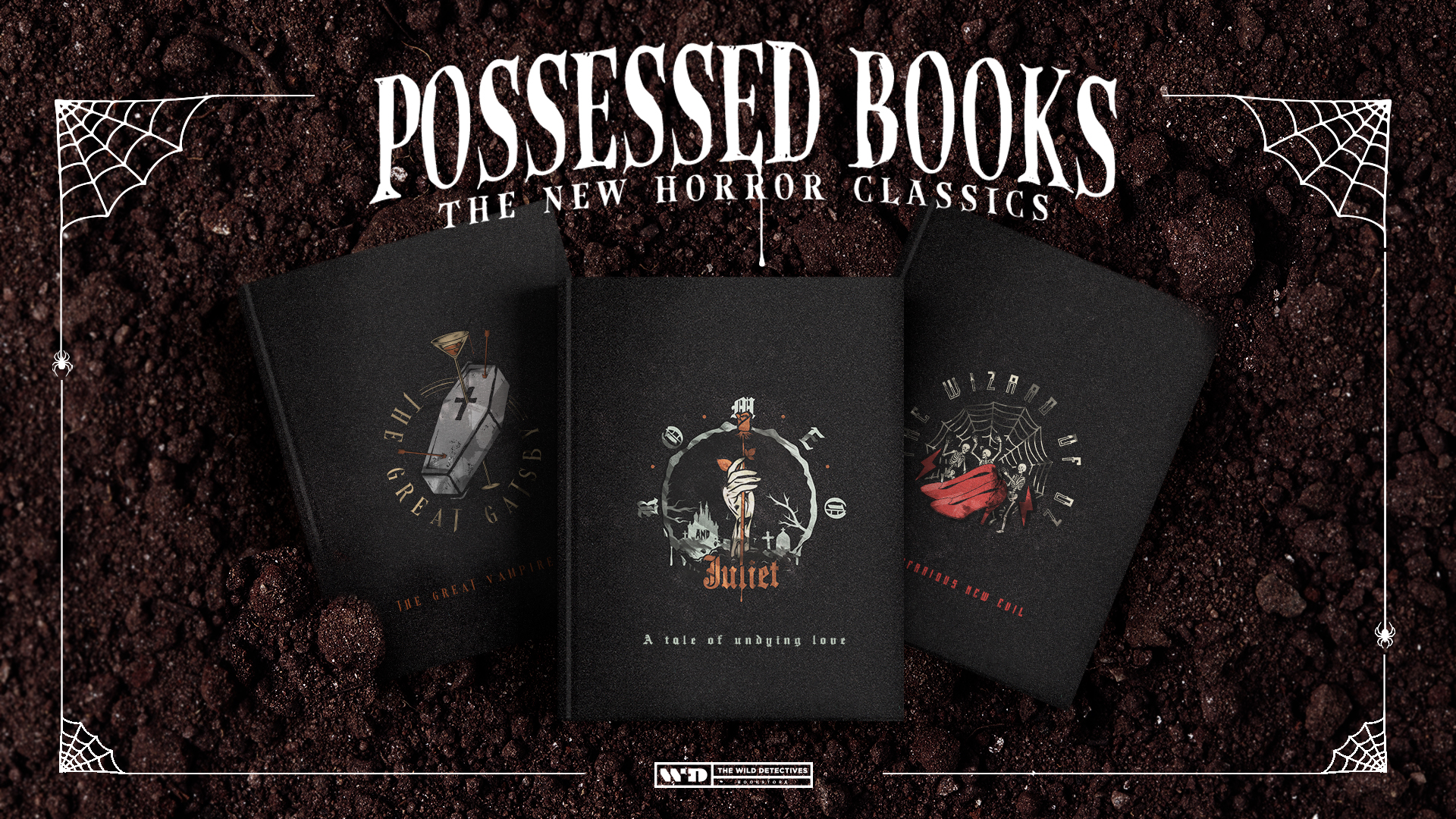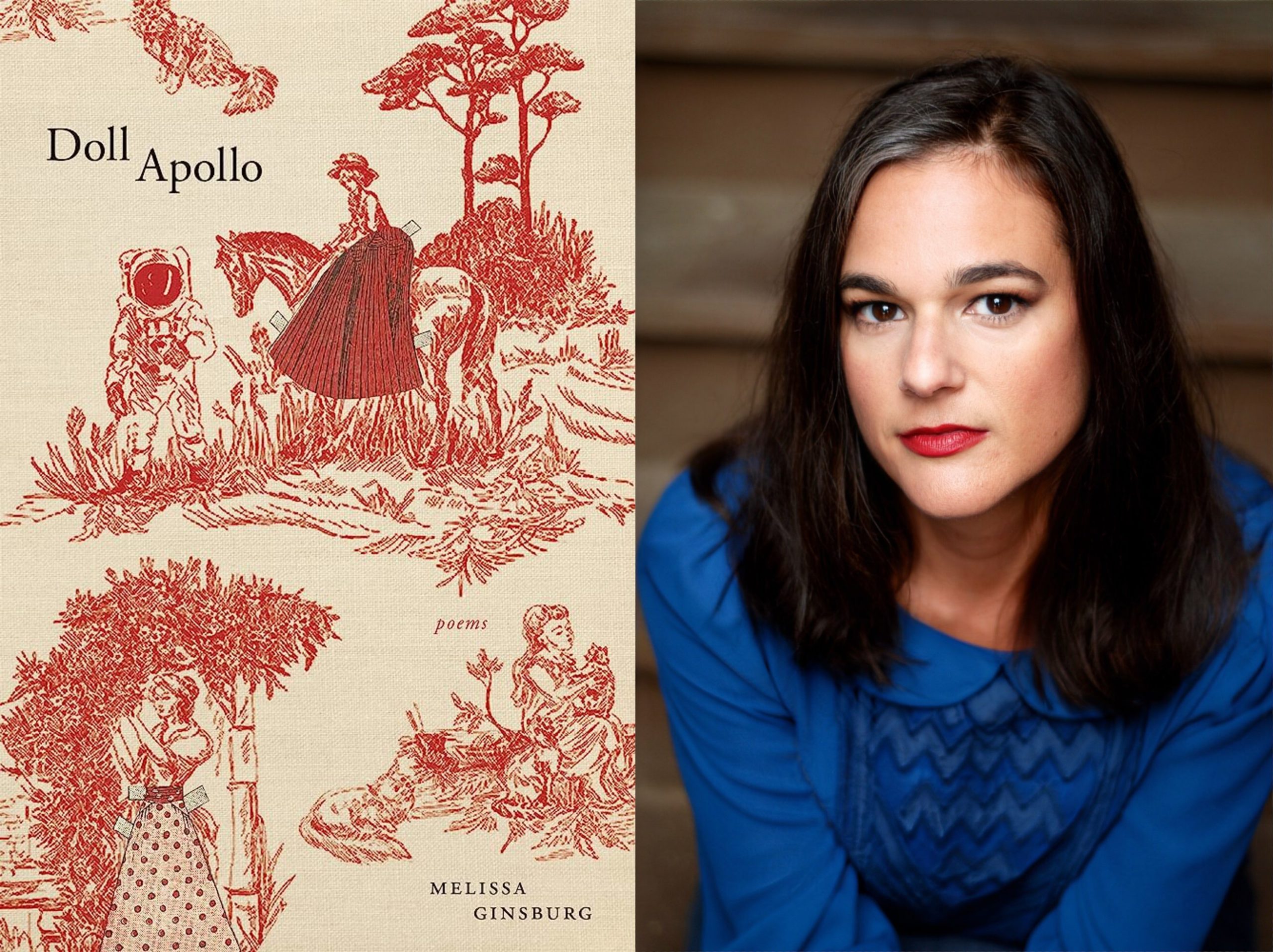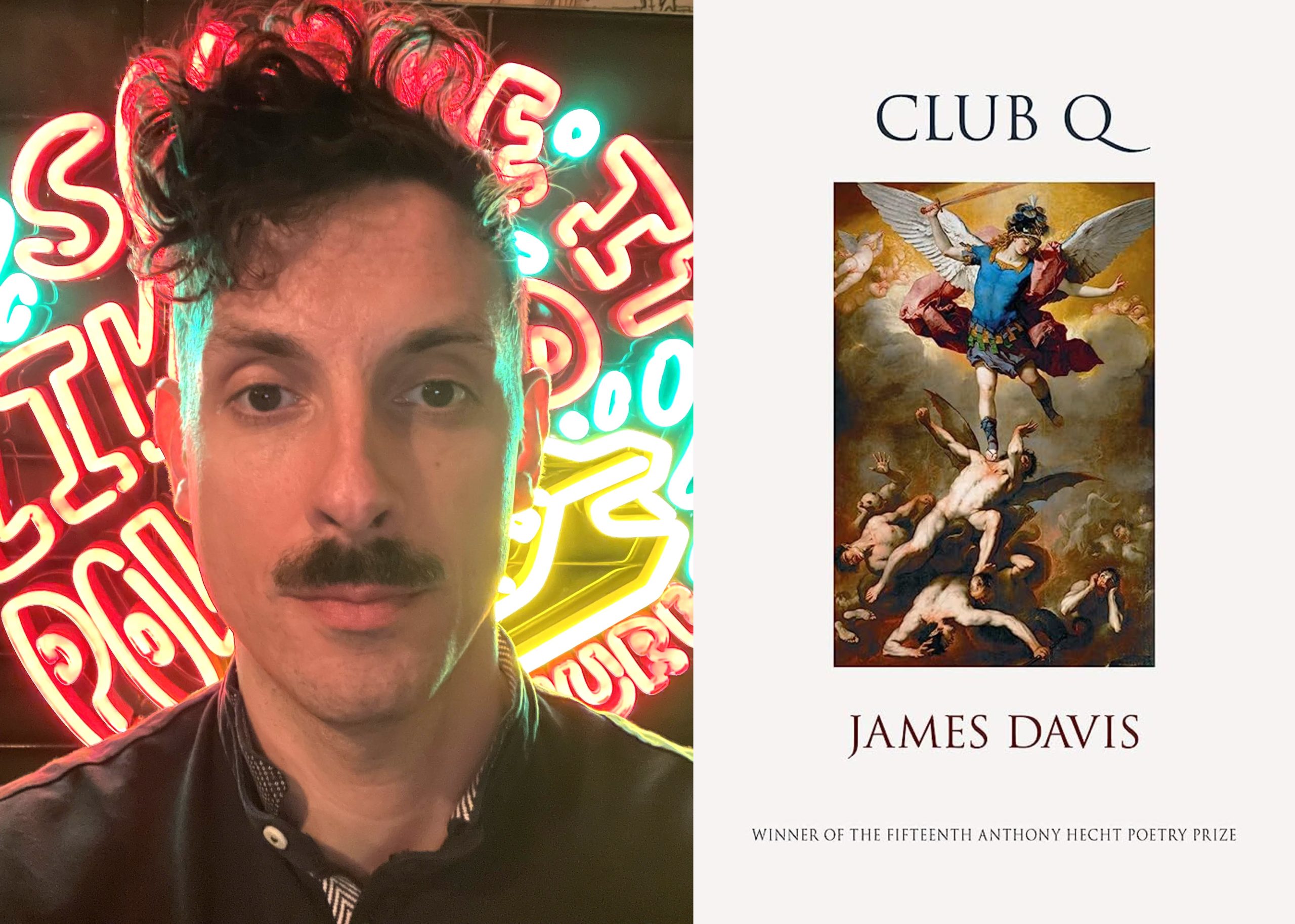Like many of you, words have built me and continue to sustain me during this time of isolation, instability and even surprising joys. Books remain a vital way of bringing us together, even when the whole world lies in a state of suspended alienation, each of us within our own impermeable orbs. Books. They’ve the power to disrupt, organize, console. They take us out of the present moment and allow us to focus on things far removed from this world.
But art doesn’t just happen to us. It’s work. Books give us material with which to think: new registers, illusions, spaces. Even a chance to reflect upon our day to day life—what we do, when we eat, how we love. After that, it’s up to us.
I wanted to know how book people—especially those whose livelihoods depended on books—were coping, so I decided to ask. What follows are a set of mini-interviews with authors, booksellers, journalists, professors, poets, and literary translators. People who create the art that moves us both within and without states of alarm.
I asked each of them the same question: how has the written word carried you these past few weeks? Here’s what they had to say:
Clémentine Beauvais, York, UK
Clémentine is a children’s and young adult author and translator, and a lecturer in Education at the University of York. https://www.clementinebeauvais.com/eng/
The crisis coincided with a deluge of deadlines for literary translations I’m currently doing. So, every day, I sit in front of written words—in English, and I rewrite them—in French. There is something extremely soothing about that precise exercise of linguistic negotiation; that creation of a new text which belongs and doesn’t belong to me, and which helps literature cross borders and meet new readers. In that sense the written word has been “carrying me” and I have carried it, too. We’ve helped each other out, perhaps…
Nick Warden, Tokyo, Japan
Nick is the owner of Infinity Books, a bookshop and event space in Tokyo.
The heart of a bricks and mortar bookseller can sometimes be turned to stone, through nothing else but the will to survive, looking past peoples’ common good, and to just look at the titan fighting to upend you, casting you aside, disregarding parchment, paper and glue.
And then It happens, people reach deeper to what is important, call it a love for things familiar, be it a common cause, a need to connect when no one can, there it is! The Book arises from the ashes…
Lindsey Tramuta, Paris, France
Lindsey is author of The New Paris and the forthcoming The New Parisienne: the Women & Ideas Shaping Paris (July 7, 2020).
https://lindseytramuta.com/
Despite having the launch of my book and the associated book tour postponed to July (and the format of such events permanently changed), I seem to have consumed more books than I expected. To be sure, I was distracted by the events unfolding, the case counter mounting in France for nearly eight weeks, but every time I felt myself getting dragged into the loop of grim news, I turned to books to transport me elsewhere. From Tom Hanks’ short stories in Uncommon Type to the mythical world in Circe, books were the most comforting balm I could offer myself for this moment. I hope they continue to offer healing as we all embark on the unknown path of the next several months.
Cristina Rodriguez, Dallas, USA
Cristina is general manager at Deep Vellum Books, brick-and-mortar bookstore and cultural community center in Dallas’s historic Deep Ellum neighborhood.
In the last few weeks it has become harder to take things day by day, when it feels like everything is abruptly changing moment by moment. One minute I feel content and seconds later restless and sad. Books have helped me these past few weeks learn how to slow down, be introspective, and patient with myself. They may not be able to give you all of the answers to life, but I do believe books offer guidance when you need it the most.
Anna Louie Sussman, New York City, USA
Anna is a New York-based contributing reporter with The Fuller Project, a nonprofit journalism organization reporting on global issues impacting women. She’s currently working on a book about capitalism and reproduction.
https://www.annalouiesussman.com/
When New York went into lockdown, I had 27 books checked out from the library, many of which were due in late March. But sometime in March, the library shut down its physical branches, and the books were now mine to read, until further notice. Mornings as I brush my teeth and putter around, and evenings for an hour or two before bed, I’ve been working my way through them, an escape from the small apartment where I spend most of my day interviewing people by phone and writing things on the computer.
I’ve finally read Educated by Tara Westover, Love and Trouble by Claire Dederer, The Mars Room by Rachel Kushner, How to Write an Autobiographical Novel by Alexander Chee, Spinster by Kate Bolick, Pretty Things by Virginie Despentes, and many others, mixed in with books I own that I had been looking forward to reading for a long time, and still others that I am reading for my own forthcoming book project. And I still have many more ahead! I miss my friends and family terribly, but one small silver lining is that I’ve been able to “meet” so many wonderful authors in this period.
Paloma Reaño, Lima, Peru and Madrid, Spain
Paloma is co-founder of Pesopluma Press, a Peruvian independent publishing house focused on contemporary Latin American literature, and a bookseller at Desperate Literature, in Madrid.
As editorial director and bookseller, I can assure you that books have been the wild table of my mental health in times of house arrest. I live alone in the center of Madrid—one of the cities hardest hit by the virus—and even though my publishing house and the bookstore I work for are suffering the financial impact of confinement, books & e-books (reading, basically) have been the basic self-medication to stay hopeful and busy. When reality out there is so surreal, fiction seems to be the only refuge for understanding.
Craig New, Sydney, Australia
Craig works at Story Factory, a non-profit creative writing centre for young people in Sydney, and can read while walking without bumping into things.
I’ve always had so much going on in my life that I’ve had to carve out reading time almost aggressively. As an avid walker, this meant that over time my daily reading began to occur almost exclusively while walking to and from work, or in those brief moments when others might reach for their phone. With the pandemic confining me to my small apartment and an extra workload, my reading has actually taken a hit and I’ve really felt it. I’ve had to create new habits to squeeze it in, like taking short lunch breaks that never previously existed, or mini reading-breaks throughout the day (as I pace circles in my apartment). The written word has always been a huge support both mentally and physically, and this year I’m just being reminded of how grateful I am for that.
Dr. Meg Marino, New Orleans, USA
Meg is a children´s book author and pediatrician. 1000 copies from the first printing of her book Chepecho and Her Clippity Flappity Floppity Friends, are being given to children affected by war and refugees through Project Peace.
https://www.megmarino.com/
In the last few months I have worked more than I have in years and I find myself taking refuge from reality by reading. Reading about the struggles protagonists face, the heroism required to overcome conflict, makes me remember that we are still at the beginning of our story and that a happy ending still awaits us.
Christina MacSweeney, Norwich, UK
Christina is an award-winning literary translator specializing in Latin American literature. She received the 2016 Valle Inclan prize for her translation of Valeria Luiselli’s The Story of My Teeth. Other works include: Verónica Gerber Bicecci’s Empty Set, and Jazmina Barrera’s On Lighthouses.
My life hasn’t drastically changed over the last weeks: I’m working on the translation of a novel by a Cuban writer, Karla Suárez, set in Havana, so much of my day is spent virtually in that city. At first I found it hard to concentrate on non-translation reading: I’d find myself thinking, “How can all those people be sitting together chatting in a bar?”, silly things like that.
Non-fiction works better, and I loved reading Rebecca Solnit’s A Field Guide to Getting Lost, which put a positive slant on not quite knowing where I was. I’ve also been reading Eavan Boland’s poetry collection, A Woman Without a Country, and one poem particularly impressed me: “One Thought, One Grace, One Wonder at the Least.” It’s about reading, reading as being somewhere else. And that also fits with my sense of translation being somewhere else.
Vappu Kannas, Helsinki, Finland
Vappu is a literary scholar and writer. Her debut novel, Rosa Clay, presents a fictionalized account of the life of the first African woman to gain Finnish citizenship.
Books have definitely helped me during the self-isolation, although at first I had trouble concentrating on reading. I have plowed through George Eliot’s Middlemarch and turns out nineteenth-century literature is perfect for the slower pace of life we’re now experiencing. Since my first novel came out during this bizarre time, me and my publisher also had to come up with ways to launch and promote the book virtually. I had a virtual book launch with a live video on Facebook which was a very nice experience, also an Instagram live video interview and several phone interviews with journalists. So, in short, I’ve actually enjoyed working and promoting my book from home, something which I think writers are already pretty familiar with.
Logen Cure, Dallas, USA
Logen is a queer poet and professor. She curates Inner Moonlight, the monthly poetry reading for the Wild Detectives. Her debut poetry collection, Welcome to Midland, is forthcoming from Deep Vellum Publishing.
https://www.logencure.com/
I’m an English professor at a community college, and I teach a course every spring where students create our campus literary magazine. It’s always an intense and rewarding experience for everyone, but the abrupt shift to online learning put my community of editors in isolation. My students suddenly faced so many bizarre challenges in their everyday lives, but their care and dedication for making the lit mag never wavered. They made a gorgeous, dark, unsettling issue and I’m so proud of them. They give me hope.
Anna MacDonald, Melbourne, Australia
Anna is a writer and bookseller at Paperback Bookshop in Melbourne, and a Splice contributor. She has previously reviewed for 3:AM Magazine and the Sydney Review of Books, and she also writes regularly for the Australian Book Review.
For years, I’ve kept a record of the books I read and when I read them. Now, flicking back through the pages of my 2020 diary I can track the onset of lockdown not by any direct reference to COVID-19, but by the thinning register of books begun, and books finished. In mid-March, I was reading Charles Dickens’s Bleak House. I finished it a month later in a world made strange by fear and for the rest of April I was unable to settle to another book; I couldn’t believe in the words on the page. It was Ágota Kristóf’s The Notebook Trilogy (trans. Alan Sheridan, David Watson and Marc Romano), recommended by Max Porter, that finally shocked me out of my own disquiet and into reading once again. And it has been Teju Cole’s Known and Strange Things that has consoled me in the face of persistent fear and uncertainty. I read one of his essays every morning over coffee and his words give me faith, they set me up for another day.
Terry Craven, Madrid, Spain
Terry is a visual artist and co-owner of Desperate Literature, an independent bookshop and cultural event space in the heart of Madrid.
Over the past months reading the entries for our literary prize has been a huge ballast during these mad times. We got such a wide range of entries and we’ve put together such a wonderful short list. It’s currently with the judges and will be available for purchase in .pdf format here.






